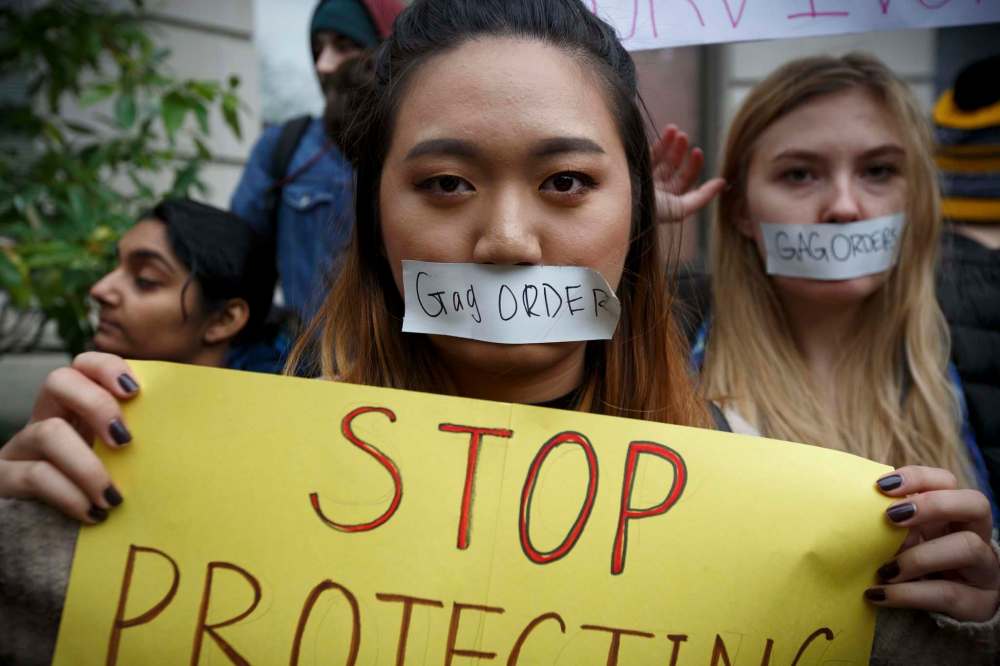Another school, a very different approach
Advertisement
Read this article for free:
or
Already have an account? Log in here »
To continue reading, please subscribe:
Monthly Digital Subscription
$0 for the first 4 weeks*
- Enjoy unlimited reading on winnipegfreepress.com
- Read the E-Edition, our digital replica newspaper
- Access News Break, our award-winning app
- Play interactive puzzles
*No charge for 4 weeks then price increases to the regular rate of $19.00 plus GST every four weeks. Offer available to new and qualified returning subscribers only. Cancel any time.
Monthly Digital Subscription
$4.75/week*
- Enjoy unlimited reading on winnipegfreepress.com
- Read the E-Edition, our digital replica newspaper
- Access News Break, our award-winning app
- Play interactive puzzles
*Billed as $19 plus GST every four weeks. Cancel any time.
To continue reading, please subscribe:
Add Free Press access to your Brandon Sun subscription for only an additional
$1 for the first 4 weeks*
*Your next subscription payment will increase by $1.00 and you will be charged $16.99 plus GST for four weeks. After four weeks, your payment will increase to $23.99 plus GST every four weeks.
Read unlimited articles for free today:
or
Already have an account? Log in here »
Hey there, time traveller!
This article was published 16/11/2017 (2940 days ago), so information in it may no longer be current.
In Boston this week, the Berklee College of Music dealt head-on with allegations that some of its professors have sexually assaulted and harassed students. It held an open forum on Monday, during which the school president apologized to students, explained how the school has investigated the allegations and vowed to “root out abusive behaviour.”
Earlier this year, the University of Manitoba heard allegations that a prominent music professor had harassed students, including complaints of sexual harassment. It responded by dealing with the matter behind the scenes, and when pressed by students for more accountability, the president issued an email saying the school is required by law to protect the confidentiality and privacy of people involved.
At which school would students feel protected?

At the U of M, students in the faculty of music who said they were the victims of harassment by Prof. Steve Kirby had repeatedly complained to the university. The university refused to specify what action, if any, was taken in response to the complaints and said Mr. Kirby “retired” in June.
The distrust created by the university’s handling of the Kirby matter was evidenced by music-school graduate Daniel Jordan, who mailed back his diploma and said he was “ashamed” to be an alumnus. He added, “I truly hope that one day, you find the courage to take a stand against sexual harassment and systemic abuse of power.”
Contrast this with the way Berklee responded to a Boston Globe story that detailed students’ reports of being assaulted, groped or pressured into sex with their teachers.
Berklee cancelled its state of the college address, and instead held an open forum for students and staff about stopping sexual assault and harassment. School president Roger Brown apologized to students who have been assaulted and explained that the school has terminated 11 faculty members in the past 13 years for sex-related matters. The institution stopped short, however, of naming the faculty members who had been dismissed, and clearly failed to adequately check Mr. Kirby’s background before (briefly) hiring him.
When comparing the reactions of the two institutions, it’s noteworthy that the U of M acted pre-Weinstein, and Berklee acted post-Weinstein, the dividing line etched in October when an eruption of allegations against Hollywood producer Harvey Weinstein prompted thousands of women and men worldwide to use social media to share their stories of harassment and assault.
It’s difficult to measure the significance of a social movement while it is still occurring, but the recent wave of public disclosures of sexual assault and harassment has the feel of a seismic-level shift. Victims feel empowered to identity their attackers publicly, and are understandably suspicious of any institution that opts to keep such matters under wraps.
This increased demand for public accountability can be challenging for institutions such as the U of M that must deal with allegations against employees within the boundaries of employment standards, criminal law and collective agreements.
But it’s necessary to find a way to balance privacy issues and the need to protect against harassment and assault. As Manitoba’s largest post-secondary institution, the U of M has the opportunity to lead the way in lowering the cloak of secrecy, at least somewhat, and show how the way it investigates student complaints against professors is up-to-date with the redefined “zero tolerance” for sexual assault and harassment.
Berklee acted in a high-profile way to show students their safety concerns are the priority.
U of M students await similar assurances.


